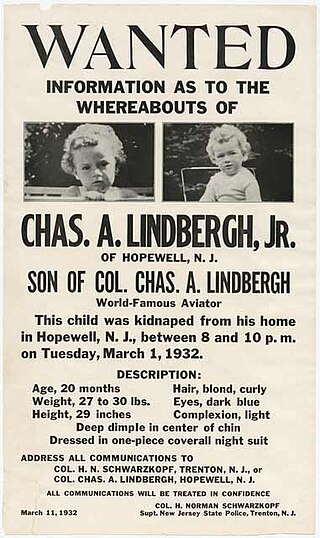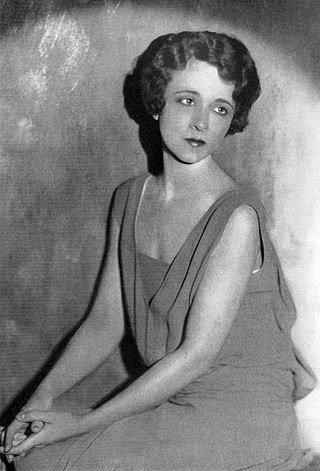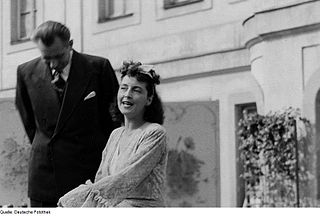
The Gay Divorcee is a 1934 American musical film directed by Mark Sandrich and starring Fred Astaire and Ginger Rogers. It also features Alice Brady, Edward Everett Horton, Eric Blore, and Erik Rhodes. The screenplay was written by George Marion Jr., Dorothy Yost, and Edward Kaufman. It was based on the Broadway musical Gay Divorce, written by Dwight Taylor with Kenneth S. Webb and Samuel Hoffenstein adapting an unproduced play by J. Hartley Manners.

Alice Brady was an American actress who began her career in the silent film era and survived the transition into talkies. She worked until six months before her death from cancer in 1939. Her films include My Man Godfrey (1936), in which she plays the flighty mother of Carole Lombard's character, and In Old Chicago (1937) for which she won the Academy Award for Best Supporting Actress.

William Clement Frawley was an American Vaudevillian and actor best remembered for playing landlord Fred Mertz in the sitcom I Love Lucy, "Bub" O'Casey in the comedy series My Three Sons from 1960-65 for its first five seasons, and the political advisor to the Hon. Henry X. Harper, played by Gene Lockhart, in the film Miracle on 34th Street.

On March 1, 1932, Charles Augustus Lindbergh Jr., the 20-month-old son of colonel Charles Lindbergh and his wife Anne Morrow Lindbergh, was abducted from his crib in the upper floor of the Lindberghs' home, Highfields, in East Amwell, New Jersey, United States. On May 12, the child's corpse was discovered by a truck driver by the side of a nearby road.

Lynne Roberts, also credited as Mary Hart, born Theda May Roberts was an American film actress during the Golden Age of Hollywood. She appeared exclusively in what were referred to as B movies.

Adela Nora Rogers St. Johns was an American journalist, novelist, and screenwriter. She wrote a number of screenplays for silent movies, but is best remembered for her groundbreaking exploits as "The World's Greatest Girl Reporter" during the 1920s and 1930s and her celebrity interviews for Photoplay magazine.

Alfred Gilks was an American cinematographer from 1920 through to 1956.

Florence Roberts (March 16, 1861/1864 – June 6, 1940 was an American actress of the stage and in motion pictures.

Alexander Hall was an American film director, film editor and theatre actor.

Dorothy Burgess was an American stage and motion-picture actress.
Front Page Woman is a 1935 American comedy film directed by Michael Curtiz. The screenplay by Laird Doyle, Lillie Hayward and Roy Chanslor based on the novel Women Are Bum Newspapermen by Richard Macauley.

Evalyn Knapp was an American film actress of the late 1920s, 1930s and into the 1940s. She was a leading B-movie serial actress in the 1930s. She was the younger sister of the orchestra leader Orville Knapp.

Ethel Griffies was an English actress of stage, screen, and television. She is remembered for portraying the ornithologist Mrs. Bundy in Alfred Hitchcock's classic The Birds (1963). She appeared in stage roles in her native England and in the United States, and had featured roles in around 100 motion pictures. Griffies was one of the oldest working actors in the English-speaking theatre at the time of her death at 97 years old. She acted alongside such stars as May Whitty, Ellen Terry, and Anna Neagle.

Bayard Veiller was an American playwright, screenwriter, producer and film director. He wrote for 32 films between 1915 and 1941.

Bergetta "Dorothy" Peterson was an American actress. She began her acting career on Broadway before appearing in more than eighty Hollywood films.

Hi'-Neighbor! is a 1934 Our Gang short comedy film directed by Gus Meins. Produced by Hal Roach and released to theaters by Metro-Goldwyn-Mayer, it was the 126th Our Gang short to be released and Meins' first series entry as director.

Dorothea Wieck, born Dora Bertha Olavia Wieck, was a German theatre and film actress.

Mary Treen was an American film and television actress. A minor actress for much of her career, she managed to secure a plain, unassuming niche for herself in dozens of movies and television shows during the Hollywood of the 1940s, 1950s and 1960s in a career spanning more than 40 years.

She Made Her Bed is a 1934 American pre-Code romantic drama film directed by Ralph Murphy and written by James M. Cain, Casey Robinson and Frank R. Adams. The film stars Richard Arlen, Sally Eilers, Robert Armstrong, Grace Bradley, Roscoe Ates and Charley Grapewin. It was released on March 9, 1934, by Paramount Pictures and was described at the time as a "social drama" film in which Arlen plays a "heroic villain."

Cam is a 2018 American psychological horror film directed by Daniel Goldhaber and written by Isa Mazzei from a story by Goldhaber, Mazzei and Isabelle Link-Levy. The story is partially drawn from writer Mazzei's own experience working as a camgirl. The film is the first feature film for both Goldhaber and Mazzei.


















